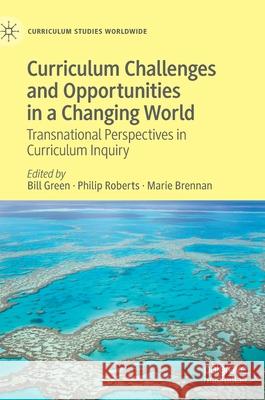Curriculum Challenges and Opportunities in a Changing World: Transnational Perspectives in Curriculum Inquiry » książka
topmenu
Curriculum Challenges and Opportunities in a Changing World: Transnational Perspectives in Curriculum Inquiry
ISBN-13: 9783030616663 / Angielski / Twarda / 2021 / 355 str.
Curriculum Challenges and Opportunities in a Changing World: Transnational Perspectives in Curriculum Inquiry
ISBN-13: 9783030616663 / Angielski / Twarda / 2021 / 355 str.
cena 602,40
(netto: 573,71 VAT: 5%)
Najniższa cena z 30 dni: 578,30
(netto: 573,71 VAT: 5%)
Najniższa cena z 30 dni: 578,30
Termin realizacji zamówienia:
ok. 22 dni roboczych.
ok. 22 dni roboczych.
Darmowa dostawa!
Kategorie:
Kategorie BISAC:
Wydawca:
Palgrave MacMillan
Seria wydawnicza:
Język:
Angielski
ISBN-13:
9783030616663
Rok wydania:
2021
Wydanie:
2021
Numer serii:
000452104
Ilość stron:
355
Waga:
0.59 kg
Wymiary:
21.01 x 14.81 x 2.24
Oprawa:
Twarda
Wolumenów:
01
Dodatkowe informacje:
Wydanie ilustrowane











